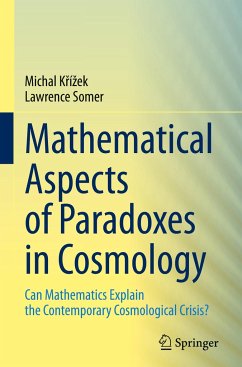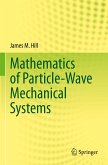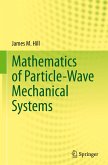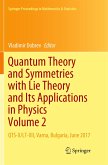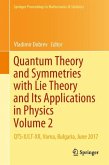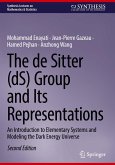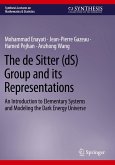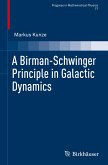This book provides a mathematical and numerical analysis of many problems which lead to paradoxes in contemporary cosmology, in particular, the existence of dark matter and dark energy. It is shown that these hypothetical quantities arise from excessive extrapolations of simple mathematical models to the whole physical universe. Written in a completely different style to most books on General Relativity and cosmology, the important results take the form of mathematical theorems with precise assumptions and statements. All theorems are followed by a corresponding proof, or an exact reference to the proof.
Some nonstandard topics are also covered, including violation of the causality principle in Newtonian mechanics, a critical mathematical and numerical analysis of Mercury's perihelion shift, inapplicability of Einstein's equations to the classical two-body problem due to computational complexity, non-uniqueness of the notion of universe, the topology of the universe, various descriptions of a hypersphere, regular tessellations of hyperbolic spaces, local Hubble expansion of the universe, neglected gravitational redshift in the detection of gravitational waves, and the possible distribution of mass inside a black hole.
The book also dispels some myths appearing in the theory of relativity and in contemporary cosmology. For example, although the hidden assumption that Einstein's equations provide a good description of the evolution of the whole universe is considered to be obvious, it is just a null hypothesis which has not been verified by any experiment, and has only been postulated by excessive extrapolations of many orders of magnitude.
Some nonstandard topics are also covered, including violation of the causality principle in Newtonian mechanics, a critical mathematical and numerical analysis of Mercury's perihelion shift, inapplicability of Einstein's equations to the classical two-body problem due to computational complexity, non-uniqueness of the notion of universe, the topology of the universe, various descriptions of a hypersphere, regular tessellations of hyperbolic spaces, local Hubble expansion of the universe, neglected gravitational redshift in the detection of gravitational waves, and the possible distribution of mass inside a black hole.
The book also dispels some myths appearing in the theory of relativity and in contemporary cosmology. For example, although the hidden assumption that Einstein's equations provide a good description of the evolution of the whole universe is considered to be obvious, it is just a null hypothesis which has not been verified by any experiment, and has only been postulated by excessive extrapolations of many orders of magnitude.

